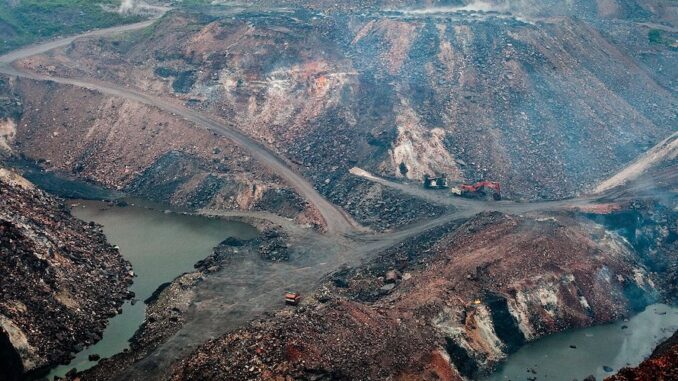
A lack of a comprehensive inventory of the world’s mines and the absence of robust data on various aspects of mining operations is hampering sustainability efforts, a recent commentary in the journal Nature states.
In the article, Victor Maus, a researcher in the Novel Data Ecosystems for Sustainability Research Group of the IIASA Advancing Systems Analysis Program, and Tim Werner from the University of Melbourne, point out that even though in recent decades there has been increased exploitation of lithium for batteries, cobalt for smartphones, or neodymium for wind turbines, scientists, policymakers and even industry leaders know very little about what’s going on in the mining sector on a global basis and the extent to which the activity is causing deforestation, biodiversity loss, air, water and soil pollution, human health hazards, community displacement and the loss of land and livelihoods.
“Independent research is essential to decipher the extent of risks posed by mining and its impacts on the environment and communities all over the globe, as well as to help identify major challenges and build public trust,” Maus said in a media statement.
The reasons for such data scarcity, which the researchers say has meant that about half of the world’s mining impacts remain undocumented, range from limited corporate reporting to disused, informal, or illegal sites.
Maus and Werner, thus, propose four steps to address this challenge. This includes acknowledging and addressing the underestimation of mining impacts and risks worldwide; improving data gathering and sharing practices among scientists; enhancing corporate transparency in the mining sector; and utilizing advanced techniques like remote sensing and artificial intelligence to fill data gaps.
“The urgency and scale of this problem cannot be overstated. With the global appetite for minerals expected to rise sharply in the coming decades, especially for clean energy technologies, comprehensive and transparent data on mining impacts is critical,” the paper’s authors said. “We can’t manage what we can’t measure.”


